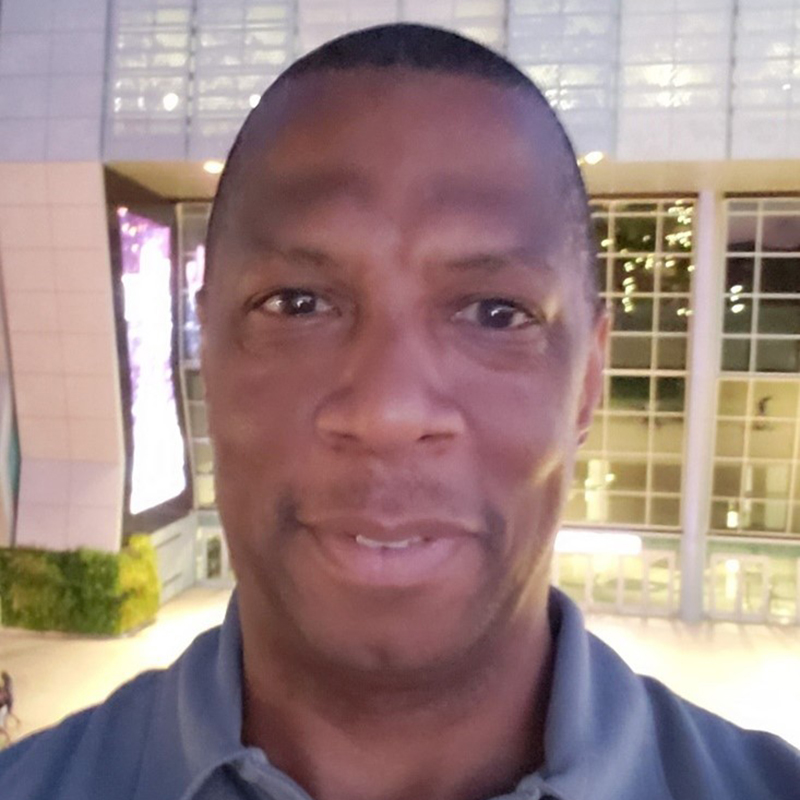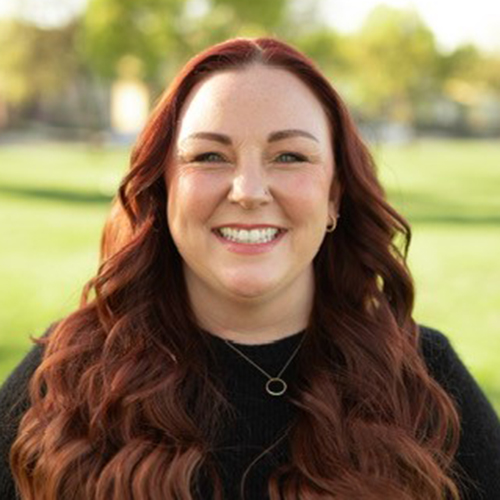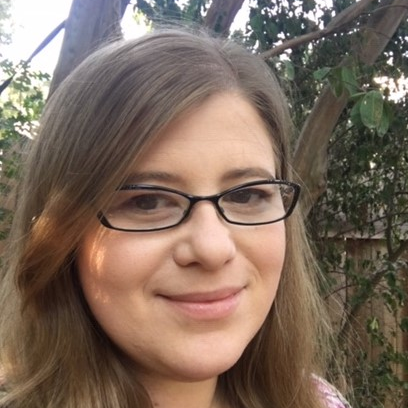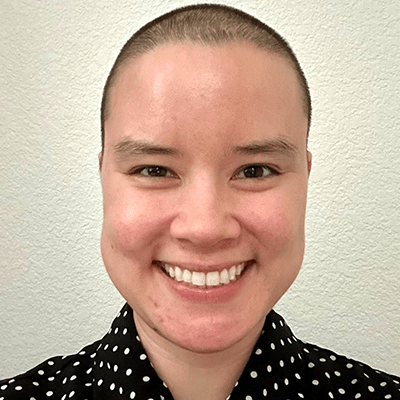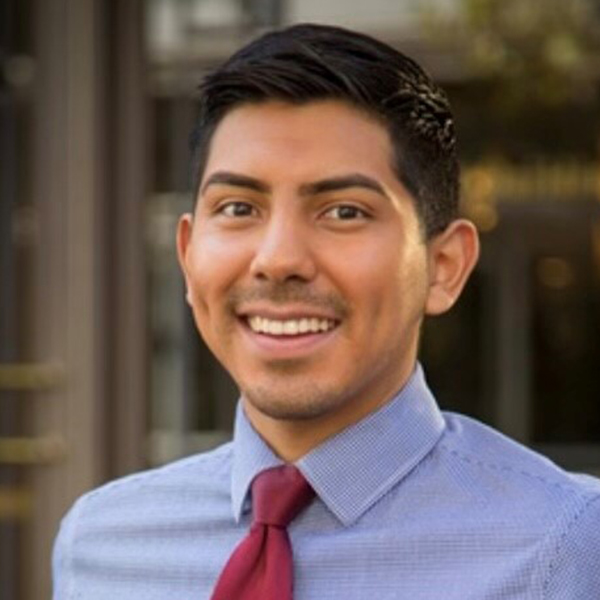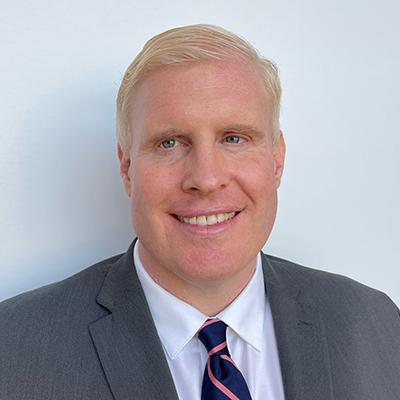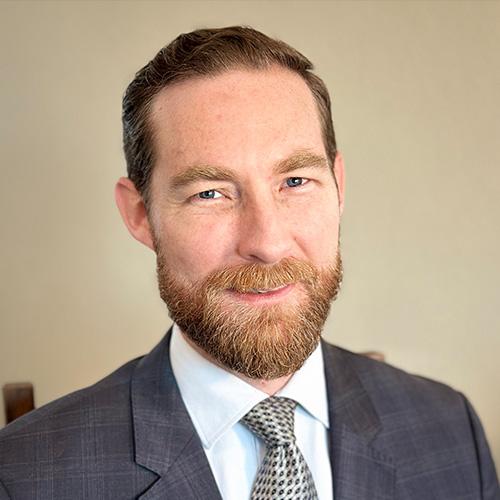
The ongoing battle against systemic injustice
On this day in 1914, Archduke Ferdinand, the heir to the Austro-Hungarian Empire, was assassinated, precipitating the Great War. World War I’s battles would last only four years but would result in over 16 million deaths and reshape the world order, leading to the demise of several longstanding dynasties.
The Treaty of Versailles, formalizing the end of the war, was signed in 1919 also on this day. Despite the death and destruction, global powers did not learn their lessons and were back at it again a few decades later. As the saying goes, those that fail to learn from history are doomed to repeat it. While we watch the suffering and destruction caused by the senseless wars currently ongoing across the planet, our era demonstrates little success in absorbing history’s lessons.
As we await the Supreme Court decision this week on the legality of affirmative action, let us not forget that on this day in 1978, a prior Supreme Court decided the Regents of the University of California v. Bakke by upholding affirmative action in college admissions, banning racial quotas but allowing race to be considered as one of several factors. The highly contested case that set a record at the time with 58 filed Amicus briefs concluded with six separate judicial opinions, but the core result enabling the consideration of race was later reaffirmed in multiple Supreme Court decisions in the ensuing decades.
However, the anticipated outcome this time is likely to reverse precedent and remove an effective tool in the battle to combat systemic inequalities, just as Prop 209 beginning in 1996 prohibited our state from granting preferential treatment on the basis of race, sex, color, ethnicity, or national origin. The methods may change, but the public interest in addressing inequalities will not.
I’d like to wish a happy birthday to two notable economists. . . to Laura Tyson, my friend who once Chaired President Clinton’s and currently co-Chairs Governor Newsom’s Council of Economic Advisers, and to Mohammed Yunus, the Nobel laureate and father of microfinance. Mr. Yunus recognized that banks would not make small loans at reasonable rates to the poor. Yet even the smallest of loans could make an enormous difference especially to village women and their families in addressing poverty.
He experimented with empowering the poor by investing in their entrepreneurship using his own money, and later launched Grameen Bank, which would go on to successfully make $billions of such loans spearheading an entire global industry. We are now able to appreciate the power of affordable finance to transform lives, families and communities, and the barriers faced by so many who are locked out of such access.
And finally, as we conclude Pride Month on Friday, we give a nod to the seminal event that birthed this annual celebration, considered by many the beginning of the LGBTQ liberation movement. On this day in 1969, the Stonewall riots took place in a mafia owned underground bar in New York’s Greenwich Village. The persecution by police and society of marginalized individuals based on sexual orientation reached a boiling point with this uprising. Human dignity can never be perpetually contained without bursting for air, and from that point forward, the fight for recognition and basic rights would reach an inflection point and make slow but unmistakable progress in the decades to come.









